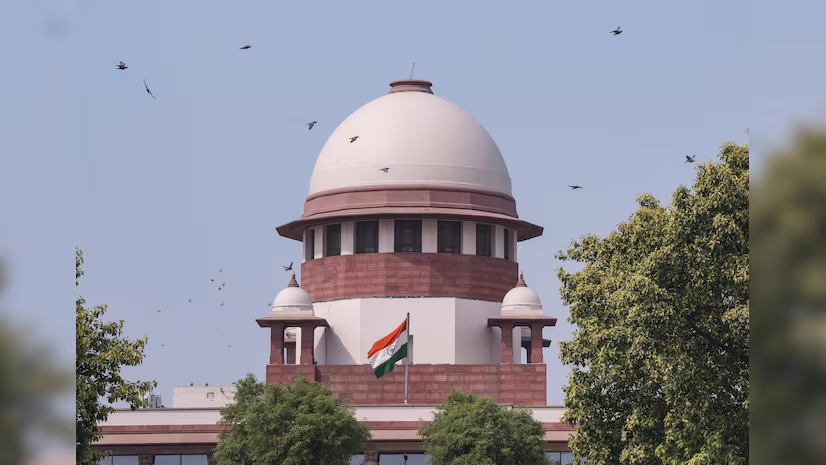Several petitions contesting the constitutionality of the Waqf (Amendment) Act are scheduled to be heard by the Supreme Court on Monday. The top court will decide whether to grant an interim order based on arguments that the Act’s provisions are in violation of Article 26, which protects religious freedom.
This hearing takes place weeks after the Supreme Court’s intense questioning caused the federal government to temporarily postpone two important parts of the contentious legislation. On April 17, the Center told the court that it would wait until May 5 to designate people to the Central Waqf Council and boards, or to denotify any waqf properties, including those that were categorized as “waqf by user.”
Informing a three-judge panel presided over by Chief Justice of India Sanjiv Khanna that the legislation should not be halted until the government’s viewpoint has been heard, Solicitor General Tushar Mehta, speaking on behalf of the Center, gave this assurance.
Also check:- Hydro projects begin after India suspends its treaty with Pakistan, reports say
After taking note of Mehta’s arguments, the court ordered that waqf properties that had previously been registered or proclaimed through notification—including those marked as “waqf by user”—be left undisturbed and not denotified until the following hearing date. On May 5, it posted the issue after giving the Center a week to provide a preliminary response to the pleas contesting the law’s constitutionality.
Even in the absence of an official declaration by the original owner, properties that have long been used for religious or philanthropic purposes are referred to as “waqf by user.”
Unless challenged or formally recognized as government property, such properties will continue to be classified as waqf under the new Act. This attempts to limit new, possibly baseless claims while maintaining past waqf classifications.
According to the Ministry of Minority Affairs, the purpose of the change is to stop unauthorized or improper claims to real estate.
The highest court recently refused to consider any new arguments against the Waqf (Amendment) Act, 2025, claiming that it had already decided that just five of the more than seventy petitioners will be heard in this case.


